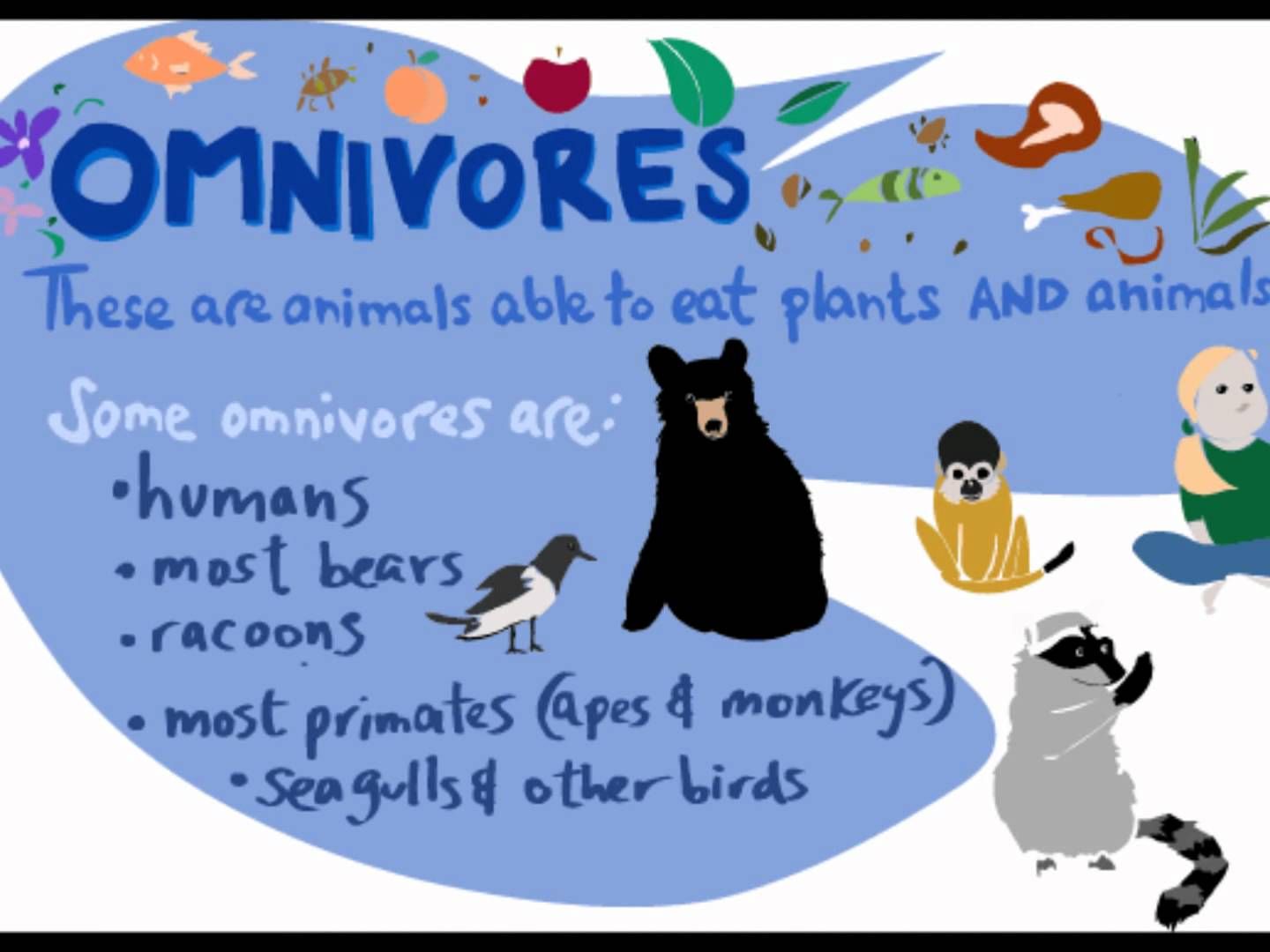Understanding the Complexity of Nutrition
Nutrition is a complex science that involves the study of how food and nutrients affect our bodies and overall health. Factors such as genetics, lifestyle, cultural influences, and individual preferences can all impact our nutritional needs and choices. Additionally, the field of nutrition is constantly evolving as new research emerges and our understanding of human physiology advances.
Factors Contributing to Confusion in Nutrition Advice
Conflicting Research Studies
Nutrition research is often conducted using different methodologies and study designs, leading to conflicting findings. Additionally, many studies are observational in nature, making it challenging to establish causation or determine the true effects of specific dietary factors.
Influence of Industry and Media
The food industry and media play a significant role in shaping public perception and influencing dietary trends. Marketing tactics, sensationalized headlines, and celebrity endorsements can all contribute to misinformation and confusion surrounding nutrition.
Individual Variation
Nutritional needs vary greatly from person to person based on factors such as age, sex, activity level, metabolism, and underlying health conditions. What works for one person may not work for another, leading to conflicting recommendations and confusion.
Complexity of Nutrient Interactions
Nutrients interact with each other in complex ways within the body, and the effects of individual nutrients can vary depending on their source and form. This complexity can make it difficult to determine the optimal balance of nutrients for overall health.
Emphasis on Quick Fixes and Fad Diets
The popularity of fad diets and quick-fix solutions can perpetuate confusion by promoting restrictive eating patterns or unrealistic promises of rapid weight loss. These approaches often overlook the importance of long-term dietary habits and overall lifestyle factors.
Lack of Standardized Guidelines
Nutritional guidelines and recommendations may vary between countries, organizations, and experts, leading to inconsistencies in advice. This lack of standardization can contribute to confusion among consumers seeking reliable information.
Tips for Navigating Nutrition Advice
Focus on Whole Foods
Rather than getting caught up in the latest diet trends or superfood fads, focus on consuming a balanced diet consisting of whole, minimally processed foods. Emphasize fruits, vegetables, lean proteins, whole grains, and healthy fats as the foundation of your diet.
Be Critical of Sources
Evaluate the credibility of sources when seeking nutrition advice. Look for information from reputable sources such as registered dietitians, government health organizations, and peer-reviewed scientific journals. Be wary of sensationalized claims or information that seems too good to be true.
Consider the Big Picture
Take a holistic approach to nutrition by considering the overall quality and balance of your diet, rather than fixating on individual nutrients or specific foods. Aim for variety, moderation, and balance in your eating habits to support overall health and well-being.
Listen to Your Body
Pay attention to how different foods make you feel and how your body responds to changes in your diet. Use mindful eating practices to tune into hunger and fullness cues, and make adjustments based on your individual needs and preferences.
Seek Professional Guidance
Consult with a registered dietitian or nutritionist for personalized nutrition advice tailored to your individual needs and goals. A qualified professional can help you develop a sustainable eating plan that aligns with your lifestyle and addresses any specific dietary concerns or health conditions.
Practice Moderation
Avoid extremes or overly restrictive eating patterns that can lead to feelings of deprivation or nutrient deficiencies. Instead, focus on moderation and flexibility in your diet, allowing yourself to enjoy a wide variety of foods in appropriate portions.
FAQs Frequently Asked Questions
Why do nutrition recommendations seem to change so frequently?
Nutrition research is an evolving field, and as our understanding of human physiology advances, recommendations may be updated to reflect new evidence. Additionally, conflicting findings from different studies can contribute to changes in recommendations over time.
How can I determine if a nutrition study is credible?
Look for studies published in reputable peer-reviewed scientific journals and authored by qualified researchers with expertise in nutrition or related fields. Consider factors such as study design, sample size, and potential conflicts of interest when evaluating the credibility of research studies.
Is there a one-size-fits-all approach to nutrition?
No, nutritional needs vary greatly from person to person based on factors such as age, sex, activity level, metabolism, and underlying health conditions. What works for one individual may not work for another, so it’s important to consider individual differences when making dietary choices.
How can I spot misinformation or pseudoscience in nutrition advice?
Be skeptical of claims that seem too good to be true or lack scientific evidence to support them. Look for red flags such as exaggerated claims, anecdotal evidence, or reliance on celebrity endorsements rather than peer-reviewed research.
Are there any reliable resources for nutrition information?
Yes, reputable sources of nutrition information include registered dietitians, government health organizations such as the National Institutes of Health (NIH) or the Centers for Disease Control and Prevention (CDC), and professional organizations such as the Academy of Nutrition and Dietetics.
How can I make sense of conflicting nutrition advice?
Consider the weight of evidence and look for consensus among reputable sources when faced with conflicting nutrition advice. Focus on the overall quality and balance of your diet rather than getting bogged down by individual studies or conflicting recommendations.
Can I trust nutrition advice from social media influencers or celebrities?
While some social media influencers or celebrities may offer sound nutrition advice, it’s important to critically evaluate the credibility of sources and consider whether the information is backed by scientific evidence. Be wary of influencers who promote products or make exaggerated claims without evidence to support them.
Conclusion
Nutrition advice can be confusing due to a variety of factors, including conflicting research studies, industry influence, individual variation, and the complexity of nutrient interactions. By focusing on whole foods, critically evaluating sources, considering the big picture, listening to your body, seeking professional guidance, and practicing moderation, you can navigate the world of nutrition with confidence and make informed choices that support your health and well-being. Remember that nutrition is not one-size-fits-all, and what works for one person may not work for another. Trust in your body’s signals and seek reliable information from qualified professionals to guide your dietary choices.
- Neauvia Hydro Deluxe Skin Booster Treatments Near Dunsfold, Surrey - May 8, 2025
- How Much Does Chin Filler Cost In The UK? - May 8, 2025
- Dermal Fillers Near Farncombe, Surrey - May 7, 2025





